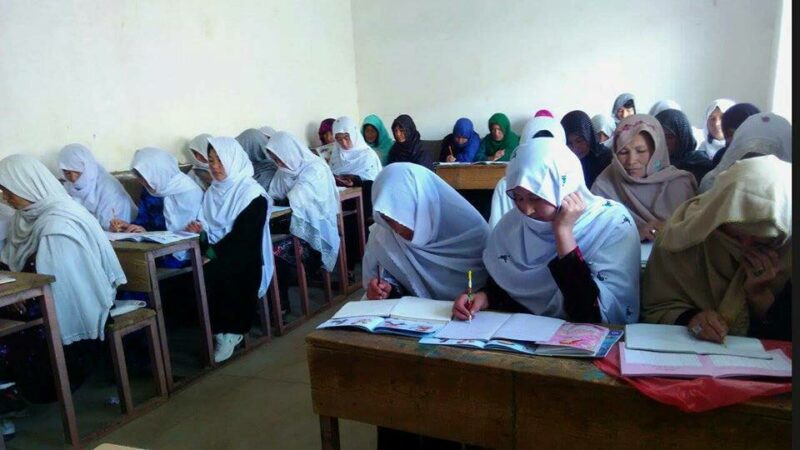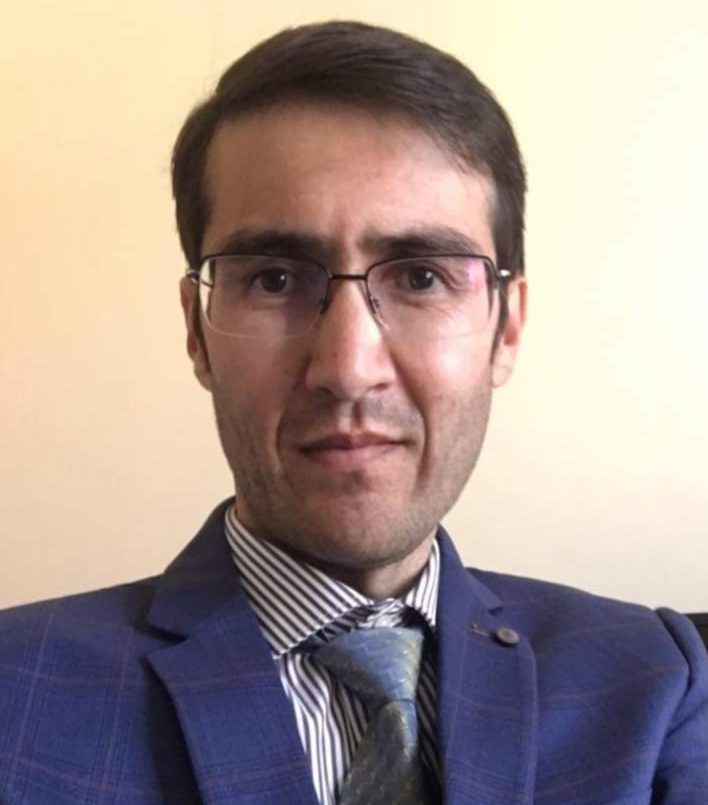High school female students in Afghanistan were left with tears after the Taliban kept girls schools closed, back-tracking from their earlier promise. The schools were to reopen on Wednesday, 23rd March, after the Taliban’s so-called ‘Ministry of Education’ had already made an announcement a week earlier. Nevertheless, many girl students, with unparalleled excitement and hope, reached their schools only to find them closed. They had hoped against hope; and the Taliban proved that they still consider girls’ education a taboo. In the ‘Islamic Emirate’ they want to establish, there is no place for any meaningful role of women in the social and political spheres of life.
In my last article for Bolaq Analysts Network, I had tried to explain that the Taliban’s Islamic Emirate in Afghanistan would be a harbinger of chaos, and now it appears the chaos has ensued. The tremors are being felt in different ways; however, the most prevalent can be observed in the actions that seem to violate the basic human rights, especially those of women. A recent report by the United Nations mentions that since the Taliban have gained authority, the ‘women have largely been excluded from the workforce both because of the economic crisis and restrictions imposed by the de facto authorities. Moreover, limitations on freedom of movement have negatively impacted other aspects of women’s lives, including access to health services.’ However, the women in Afghanistan have proved to be bold enough to stand against such a discriminatory behavior. They have been able to stage protests in the heart of Kabul for the same reason. And they have also faced severe consequences for their bold stance.
In January and February this year, four female activists, Tamana Zaryabi Paryani, Parwana Ibrahimkhel, Zahra Mohammadi and Mursal Ayar, were abducted by the Taliban after they had participated in women rights’ protests. Later in February, around 29 women and their families disappeared from a safe house in Kabul. Some of these women were later released; however, their whereabouts remain unknown. Moreover, on February 21, the Taliban’s so-called ‘Interior Ministry’ released a video of some of these women who said they had been encouraged by foreigners to protests as they were offered a chance to be relocated abroad, and that they were not mistreated by Taliban. But human rights organizations, like Amnesty International and Human Rights Watch claimed that these women were forced to make such videos and raised questions about how they were treated.
In addition to the plight of girls and women in Afghanistan, the condition of peace and security also remains ambiguous. In fact, there are possibilities of rise in insecurity as one of the fears I had mentioned in my last article seems to be coming true. I had mentioned that under the Taliban, groups like Daesh (ISIS) and Al-Qaeda will thrive because of the welcoming environment. Now, a recent UN report, based on member states intelligence, says: “There are no recent signs that the Taliban has taken steps to limit the activities of foreign terrorist fighters in the country. On the contrary, terrorist groups enjoy greater freedom there than at any time in recent history.” Therefore, experts believe that the terrorist groups like the Islamic State Khorasan Province (ISKP), Al-Qaeda Core, Al-Qaeda in the Indian Subcontinent, Haqqani Network, Tehrik-e-Taliban Pakistan (TTP) and even the Islamic Movement of Uzbekistan may further strengthen in near future. As per the UN report mentioned above, ‘From 15 August 2021 to 15 February 2022, there have been at least 1,153 civilian casualties, including 397 deaths; several suicide and non-suicide attacks were perpetrated by ISKP against Shi’a Muslims, mostly from the Hazara ethnic group.’ This can further threaten the security of Hazaras who have faced the severest consequences of terrorism in Afghanistan and have been deprived of any political representation currently because of the Taliban’s exclusionary policies and behavior.
Since Taliban forcefully gained authority in August last year, or they were gifted authority by ex-president Ashraf Ghani, they have not been able to use this authority for any tangible political consensus or any effective government structure. This failure is both because of their ill-intention and their incapacity. They have not shown real interest in bringing the relevant political stakeholders together, as they have considered the scenario an opportunity to strengthen their rule and strive to establish an ‘Islamic Emirate’, that does not recognize the basic human rights; particularly, the rights of girls and women and that is exclusionary and discriminates the rights of groups that belong to other religious sects or ethnic groups. Moreover, their incapacity to form a working administrative structure that can at least provide basic services to the people and maintain peace and security has added fuel to the fire. The result is that the terrorist groups are now thriving in different parts of country and the people face a severe economic and humanitarian and crisis. People have lost their jobs and find no feasible circumstances for business, while more than half of the population face hunger and starvation. This has given rise to child marriage, child labor, sale of organs and sale of children, especially girls.
In short, Afghanistan is suffering under the Taliban, and their intentions and capacity need to be updated. Afghanistan’s neighboring countries, and the international community and organizations can make the Taliban reconsider their exclusionary and discriminatory intentions. As they have not recognized the Taliban as a legitimate government in Afghanistan yet, they can keep on pressing them for an inclusionary political, social, and economic structure, wherein women and all ethnic groups and sects are allowed to participate. Accepting the legitimacy of Taliban as a legitimate government in Afghanistan without first ensuring an inclusive political system can only lead to further chaos and instability in the region and ultimately in the world.

